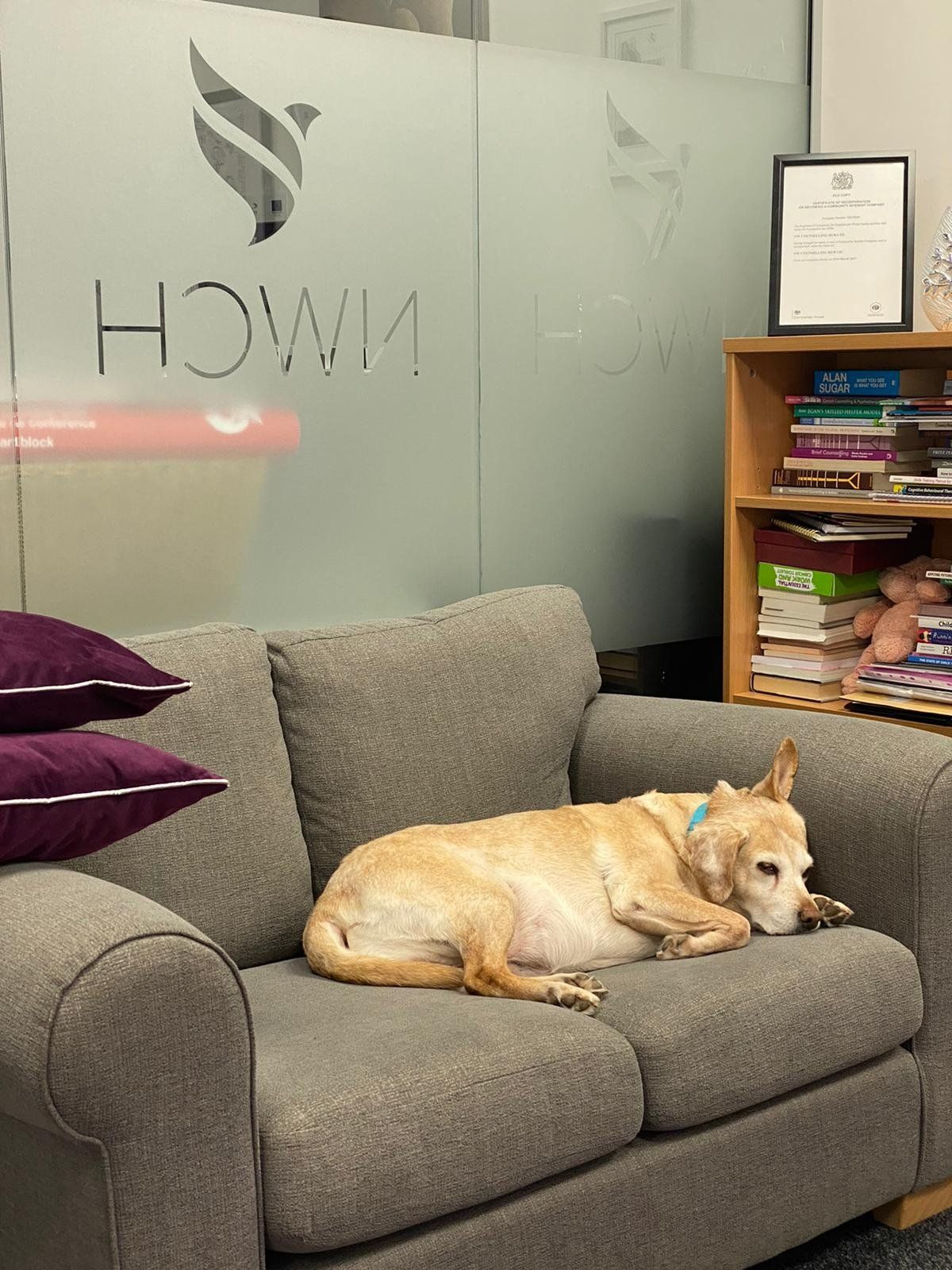Celebrating Women at NWCH in March
In March we celebrate International Women’s Day, Mother’s Day and Women’s History Month. There’s no doubt that women’s role in society has changed for the better over the years. And we here at the hub have an amazing team, including a fantastic female staff collective.
So take a look below at some of the incredible women that are involved in the hub, whether that is in support, teaching or counselling roles.
Naomi Watkins-Ligudzinska
Naomi is the CEO and co-founder of NW Counselling Hub, with over a decade of experience in the field of Emotional Wellbeing, Healthy Relationships and Domestic Abuse. Naomi is one of the UK’s leading domestic abuse consultants and a highly experienced trainer. She is an award-winning businesswoman - her awards include Director of the Year 2019 and the Angel Outreach Award, which recognised excellence in commitment to the community.
Naomi was also awarded a Churchill fellowship in 2019 which saw her travel across the globe to Australia and New Zealand to research Suicide Prevention in 4yrs-30yrs.
Sally Watkins
Sally is the Client Manager and Head of Assessments - she is a first-class administrative manager with a whole host of experience spanning over 40 years. Sally is a highly valued member of the team, who has excellent customer service skills and is regarded very highly by the clients she is in contact with.
Diane Haines
Diane is the Hub Co-ordinator & Finance Officer. After starting her journey as a volunteer, Diane eventually joined the hub full time. She brings with her 33 years of experience working in Administration and Customer Service roles.
Diane’s organisational skills are second to none and her experience has been invaluable to the hub. She is a people-focused person who pays close attention to detail, which has been a great asset.
Anna Foxx Neal
Anna joined the team as a PA to Naomi, she provides support with diary management and a wide variety of administrative tasks which not only support Naomi but also the wider management team. She has become an integral part of the team and her experience has really supported Naomi.
Asthildur Sveinsdottir
Asthildur is a volunteer at NWCH and she did this alongside studying a Psychology & Counselling degree at Bishop Grosseteste University. She is passionate about mental health and wellbeing after experiencing first-hand how important it is to prioritise your mental health. She has also recently become a new Mum!
Daisy Sanderson
Daisy is a qualified Art psychotherapist and has a wealth of experience working with children and young people - which began during her time working in a children’s residential home.
During her degree, Daisy completed a two-year work placement in a CAHMS psychiatric unit, offering therapy to young people suffering with a variety of mental health difficulties. Once qualified she worked in a residential therapeutic school offering therapy to young people with social, emotional and mental health difficulties.
Debbie Washington
Debbie is a therapeutic counsellor who enjoys working with children, teenagers and adults. She has worked as a volunteer with young people, in schools and supporting university students. Debbie is also a member of The National Counselling Association.
Jess Nicolson
Jess is qualified in Counselling and Psychotherapy and has previously owned a private practice of her own. Jess has experience working with young people in school settings and in house. Jess has worked with groups of adolescents with ‘Evolve Together’ focusing on emotional resilience and has also recently been a Substance Misuse Recovery Worker supporting adults.
Karen Hopper-Peart
After qualifying Karen worked for a charitable counselling service working with adults from a wide spectrum of social and emotional backgrounds as well as working within Secondary Schools counselling students aged 11 to 18. Karen is an experienced counsellor with a BA (Hons) in Person-Centred Counselling. Karen has herself experienced the benefits of counselling and uses her own experience to be an empathetic and non-judgmental counsellor.
Lindsay Lewis
Lindsay has worked in a number of different settings, with clients ranging from 4 to 80+. She has worked with clients of all ages following bereavement as a result of illness or suicide as well as supporting family members of those with serious illness or dementia. Lindsay has also worked within primary schools and is TaMHS (Targeted Mental Health Support in Schools) trained. Lindsay is also a specialist mentor for University Students.
Nicola Wickstead
Nicola has over 10 years experience working within mental health, she initially supported adults with a diagnosed personality disorder in a secure unit. Recently Nicola worked as Clinical Lead at a local mental health charity where her clients aged from 6 years, working within schools and community venues she also provided psycho-educational sessions to professionals and parents.
Sindy Wade
Sindy is an experienced counsellor has spent much of her time volunteering for Cruse, Blue Door/Rape Crisis and has also provided a drop-in service for a local independent secondary school. Sindy works with a wide range of clients including survivors of domestic and sexual abuse bereavement, trauma as well as mental health issues such as anxiety and depression, self harm, personal and family difficulties as well as career and educational challenges.
Tina Scott
Tina is an experienced counsellor and is a registered member of The British Association of Counselling and Psychotherapy. Tina has previously worked with Lincolnshire Centre for Grief and Loss as well as for CASY (Counselling and Support for Young People). And currently works in a variety of settings.
Zaavit (Goldie) Cohen-Alamgor
Goldie is a therapeutic counsellor, who began her working life as a teacher in a primary school. She found supporting children, incredibly rewarding and this led to her career in counselling. Goldie has a wide range of experience including working with elderly people and their families as well as working with young adults in college alongside running her own successful private practice in Hull.
These fantastic women make up a part of our team here at the hub. We are incredibly proud of each and every one of them.
RECENT POSTS








Slide title
I don’t think I could recommend NWCH enough! My counsellor is great, I feel understood and hopeful and never judged. Thank you!
Young person Accessing NWCH Counselling Service
Button
Slide title
My son is opening up to Wayne about all aspects of losing his Dad - happy memories and the painful truth that he won’t be coming back. Wayne has taught him to acknowledge the pain but also remember the many happy times. The counselling he has had with Wayne has been invaluable.
Mum of her young son Accessing NWCH Counselling Service
Button
Coming in for couples counselling, we were both nervous about how the session would work having not done anything like this before.
He listened to each of us and made it feel very light-hearted and easy. We were able to share our feelings and thoughts and Ian gently guided us to explain our views to help us see each other’s views and gave us things to think about for next week.
Couple Accessing NWCH Counselling Service
Button
Slide title
Personally, I was a very sceptical individual and initially attended as a good Will gesture to my family who had encouraged me to do so……. that being said I found myself to be able to talk to (let’s be honest, a stranger) about my life and its difficulties in an open and comfortable fashion……. don’t get me wrong I’m no soft touch! But I found it genuinely comforting to be able to do so! …. it makes me ask and look for answers from myself ….. rather than someone with a title telling me what’s wrong……,
Adult Accessing NWCH Counselling Service
Button
Slide title
The match of counsellor has meant my husband looks forward to his sessions & already is feeling happier & we as a family are seeing a difference. It is detail like this that makes asking for help via the NW Counselling Hub stand out – plus the reassurance all counsellors are qualified.
We cannot recommend the NW Counselling Hub enough and thank them for all they are doing for our family.
Adult Accessing NWCH Counselling Service
Button
Slide title
“We want to support our team when ‘life happens’. We asked NWCH to be our ‘go to’ support service for counselling and emotional support to help members of our team, if they need it, get them through some difficult personal issues such as bereavement and anxiety. The team at the hub are incredibly supportive and have provided a lifeline to our team”
Lincoln Employer referring employees to NWCH Counselling Service.
Button
Slide title
“NWCH have been providing counselling services to our employees for a few years now and I can honestly say that they have made a significant difference to many of their lives.
We are a company that believes in investing in our staff, and it is great to see when that investment is so profound and has such a positive impact, especially when it comes to people’s wellbeing.
Thank you NWCH, for enabling us to offer our teams such fantastic support and help to feel better when they face challenging times.”
HR Manager at Micronclean Ltd
Button

OFFICE
NW Counselling Hub CIC
Cromwell House
Crusader Road, off Tritton Road, Lincoln, LN6 7YT
CONTACT INFO












